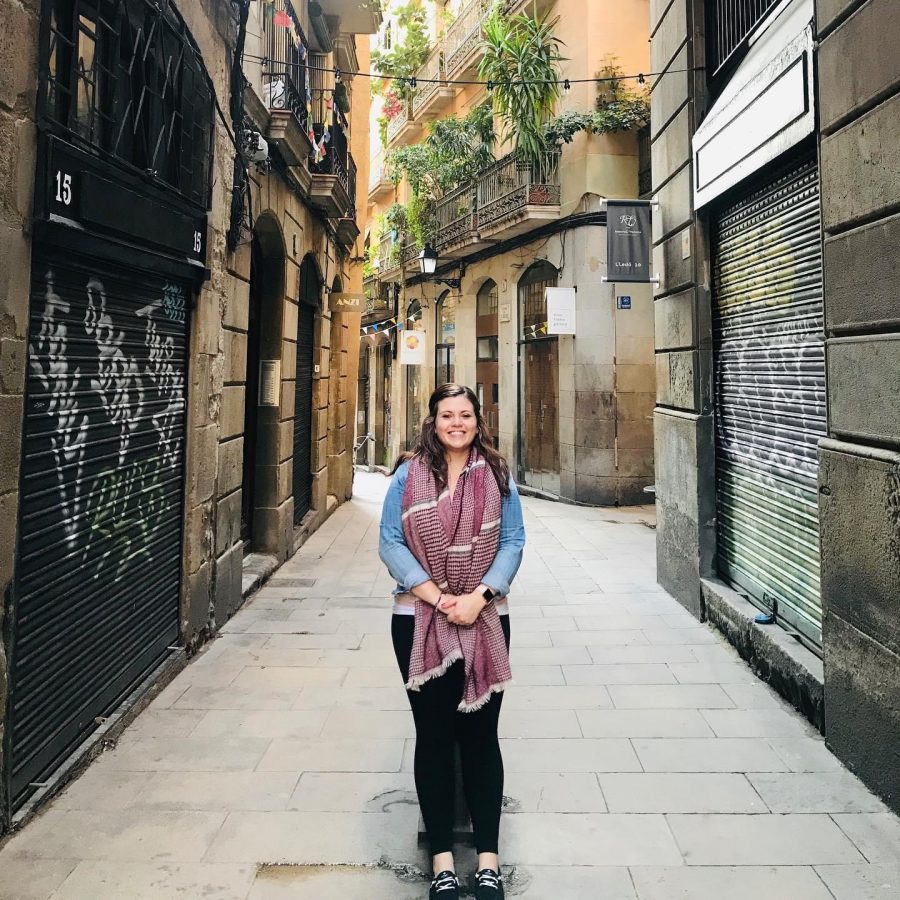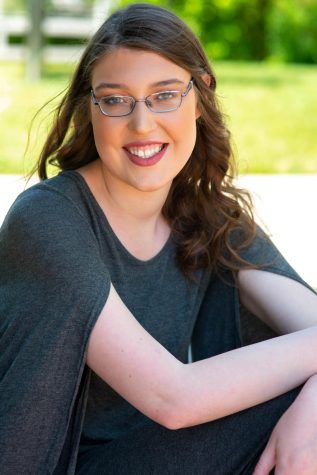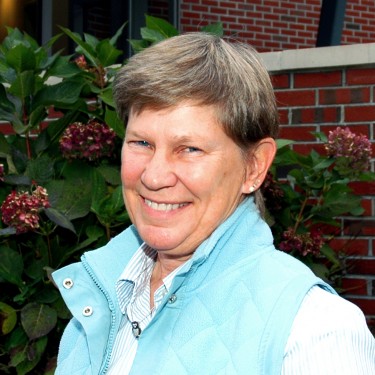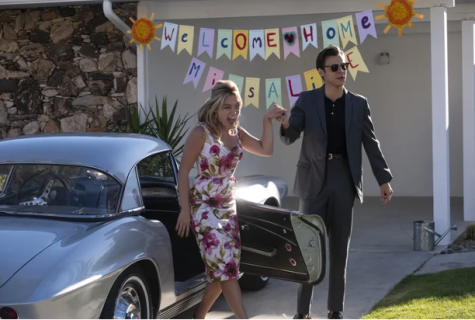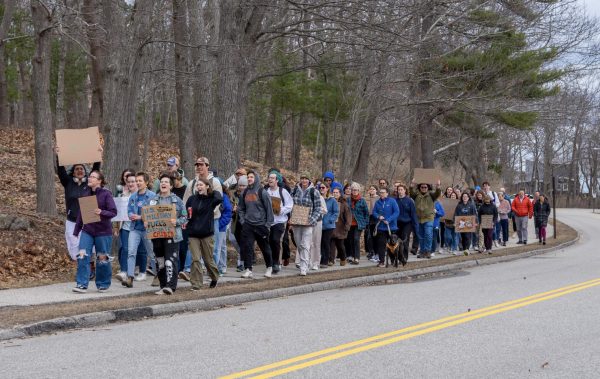Faculty Perspective; Online Learning At UNE
UNE Professor Christina Perazio shares her insight into what it’s like to teach during a pandemic.
Nearly a year into predominantly online learning, professors at UNE have had to adapt to these changes in a variety of ways.
“In a lot of my classes I really try to do a lot of group work and discussion, and social distancing and the fact that everyone’s in mask really hinders that,” says UNE Professor Christina Perazio. She elaborated on this point, identifying that these challenges combined not only impacted her classes but also students, saying, “For students, it’s hard to want to participate, it’s hard to hear each other, it’s hard for you to get into the groove, and that part, I think, is unfortunate.”
Professor Perazio has been with UNE for about four years, starting out as a visiting lecturer in the spring of 2017, and is currently an assistant teaching professor with the School of Social and Behavioral Sciences. She primarily teaches courses for the Animal Behavior Major, along with some courses for Psychology and Marine Biology majors. Her research has primarily focused on humpback whales, looking at song production, song function, and the impact of human activity on their songs.
In Professor Perazio’s classes, she has had to use different tactics and strategies over the past two semesters to adapt her classes including having to offload lectures to Blackboard, cohorting most of her classes, and navigating new technology such as Zoom. In particular, she focuses on reminding students both about upcoming assignments and the information they’ve learned during lectures, stating, “I try to remember to set it up … because some of them may have listened to it three, four, five days before we’re actually in class doing the activities.”
Other strategies she has learned to commit to including giving more time for students to ask questions during class and incorporating more technology into class. “Now that so much stuff is online, I’ve tried to incorporate different ways of bringing, for animal behavior, real-life behavior stuff into the classroom, getting students to engage online since we’re spending less time engaging with content in the classroom,” says Professor Perazio.
She’s also noticed a distinct difference between last semester and this semester, noting that students seem to be doing better this semester compared to last fall. They seem to be more interested and engaged in the information they’re learning, and having a better time keeping track of assignments.
When asked about what advice she’d give students, she said, “Get a schedule together. Even if you are someone who didn’t use a schedule before, especially now. Not only is it different from what we are used to, but you also have professors who may have gone slightly different routes with their plan for this whole hybrid cohort learning method.” In addition to this, she also addressed students’ mental health, saying, “Remember that you’re not alone. Everyone’s dealing with it together, so be gentle with yourself and your friends.”
Professor Perazio was also quick to praise UNE’s response to the pandemic, “I think that the policies for masking and social distancing and cleaning have been great, and I think the evidence for that is that there are other colleges and universities like UNH and SUNY that are having issues, and we seem to be mitigating the community transmission. That suggests that our policies are good, but it also speaks to our students, our faculty, and staff that are following these policies. So, in that case, I think they did really well with what they implemented in terms of safety.”
As a professor in animal behavior, she states that she believes that animal behavior can play a critical role in both mitigating the spread of these pandemics and preventing them from occurring in the first place. “Not only do we need to understand biology, chemistry, immunology, it’s also important to understand what animals do and why they do it because their interactions with each other and with us are what either allow or don’t allow these things to occur,” says Professor Perazio.



